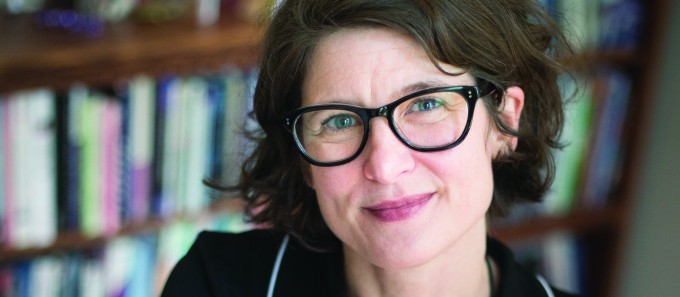- When:
- Thursday, November 1, 2018, 4:00pm - 4:00pm
- Description:
-
The late American philosopher Stanley Cavell provided us with some of the most counterintuitive and perplexing claims about cinema, including what he called “its promise of candor.” Against the grain of 1970s film theory and the political commitments of the New Left, Cavell in his 1971 The World Viewed celebrated Hollywood or “traditional” cinema as a serious medium that put faith in the communicative possibilities of art and the knowability of the world, including other people; which is to say, Hollywood had perfected the techniques and genres to say what it meant and to its audience. What’s more, for Cavell, Hollywood’s candid camera was predicated on the spectator’s passivity and utter lack of control over the characters and world projected. Political/modernist cinema, proclaiming the rise of the politically “active spectator” and celebrating the distancing effects of non-Hollywood style, sought to expose Hollywood’s fiction and bring audiences into a knowing relation to the cinematic illusion. For Cavell, however, cinematic modernism was a sign, among other things, that film had withdrawn its candor from the audience and that candor itself was withdrawing from the world. Vanderbilt University film scholar Jennifer Fay examines Cavell’s candid cinema as an aesthetic practice, as a mode of sincere critique, and as a democratic promise, seeking to understand what, for Cavell, was lost with the loss of Hollywood and, in this spirit, what film theory has lost with Cavell’s passing.
Jennifer Fay is Associate Professor of Film and English at Vanderbilt University where she also directs the Program in Cinema & Media Arts. Her research is broadly concerned with the relationship between film aesthetics and politics, and, more recently, environmental media theory and the philosophical considerations of hospitality and human dwelling in the world. She is the author of Theaters of Occupation: Hollywood and the Reeducation of Postwar Germany (2008) and Inhospitable World: Cinema in the Time of the Anthropocene (2018), and co-author of Film Noir: Hard-Boiled Modernity and the Cultures of Occupation (2010).
- Presented by the Department of Cinema and Media Studies.
Must We Mean What We Film? Stanley Cavell and the Candid Camera
Lecture by Jennifer Fay
